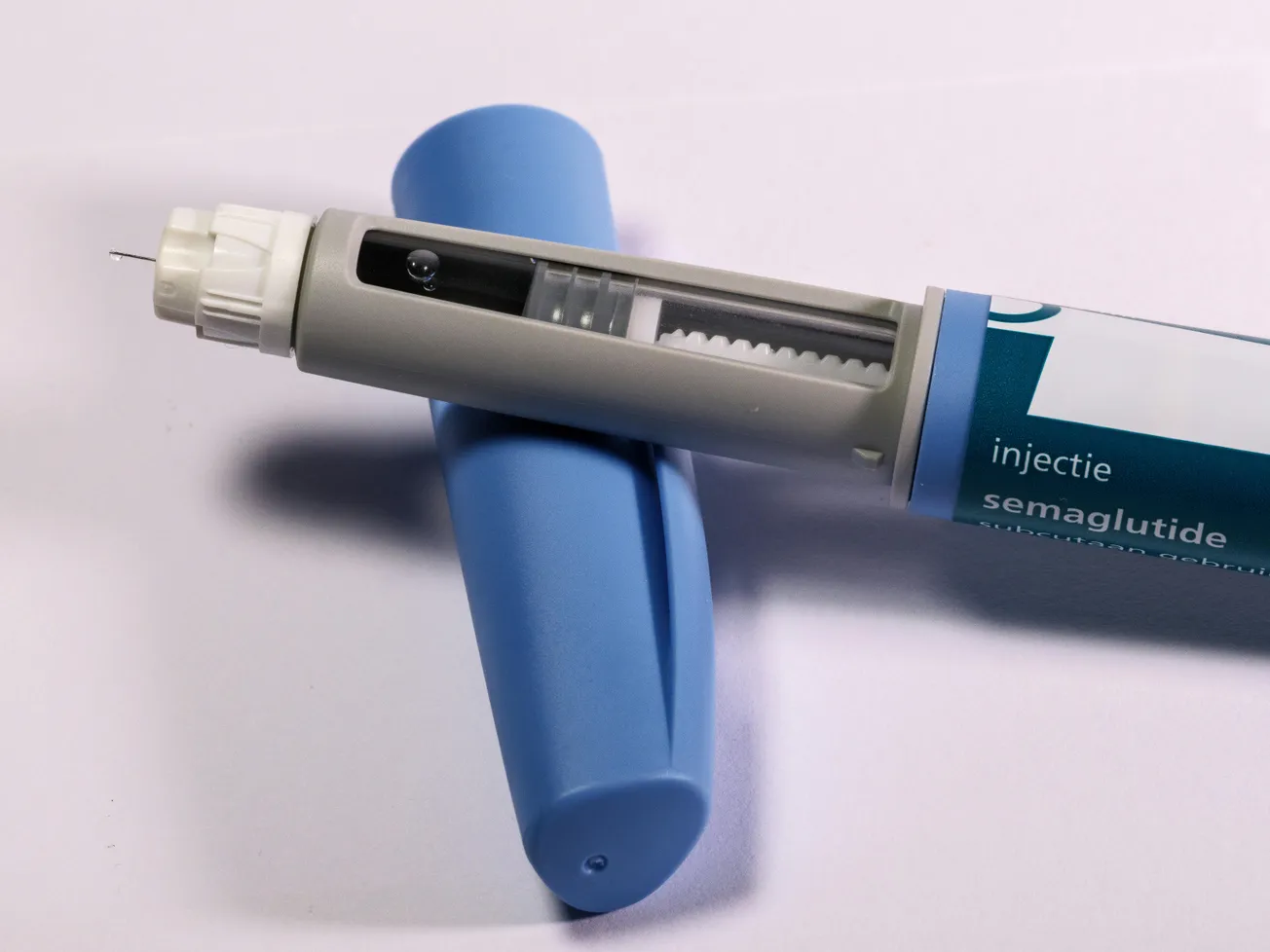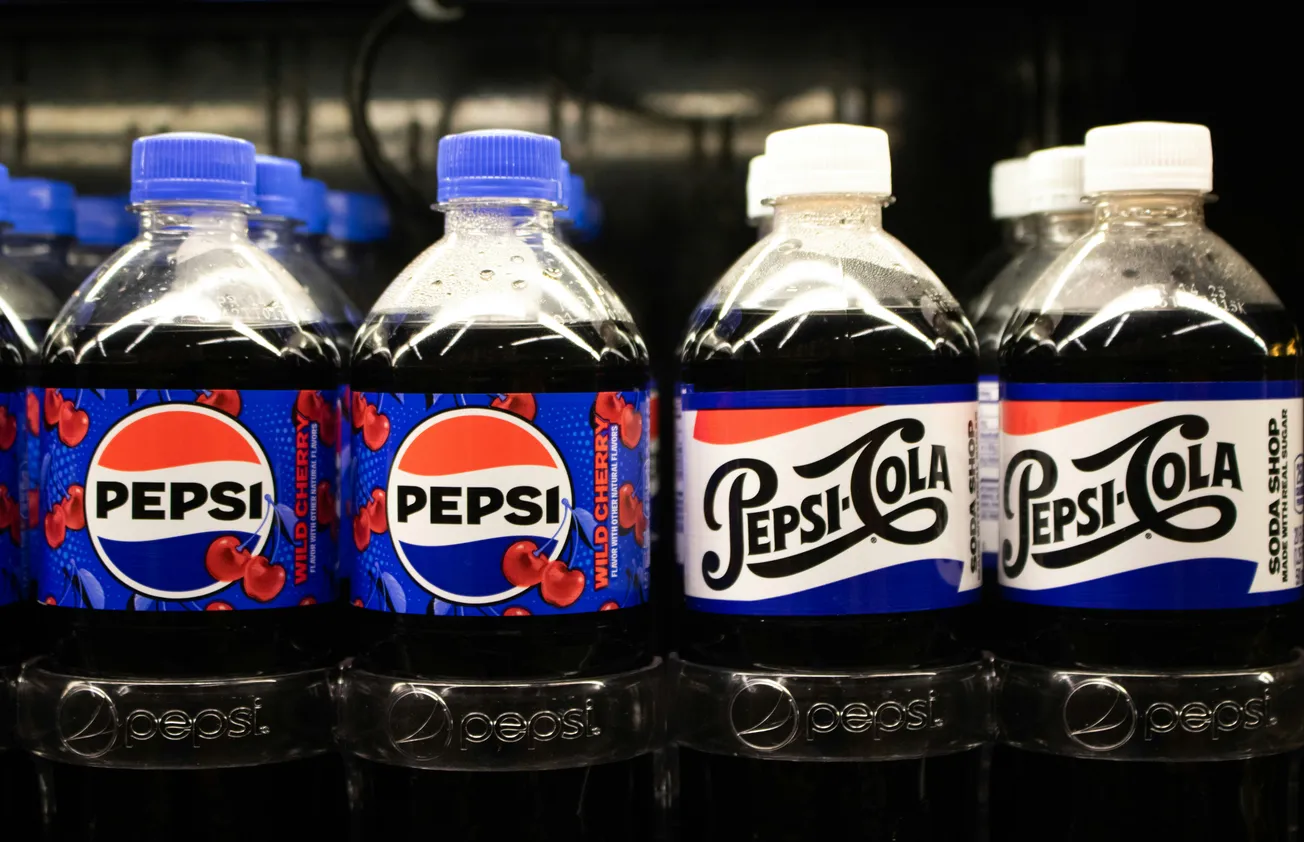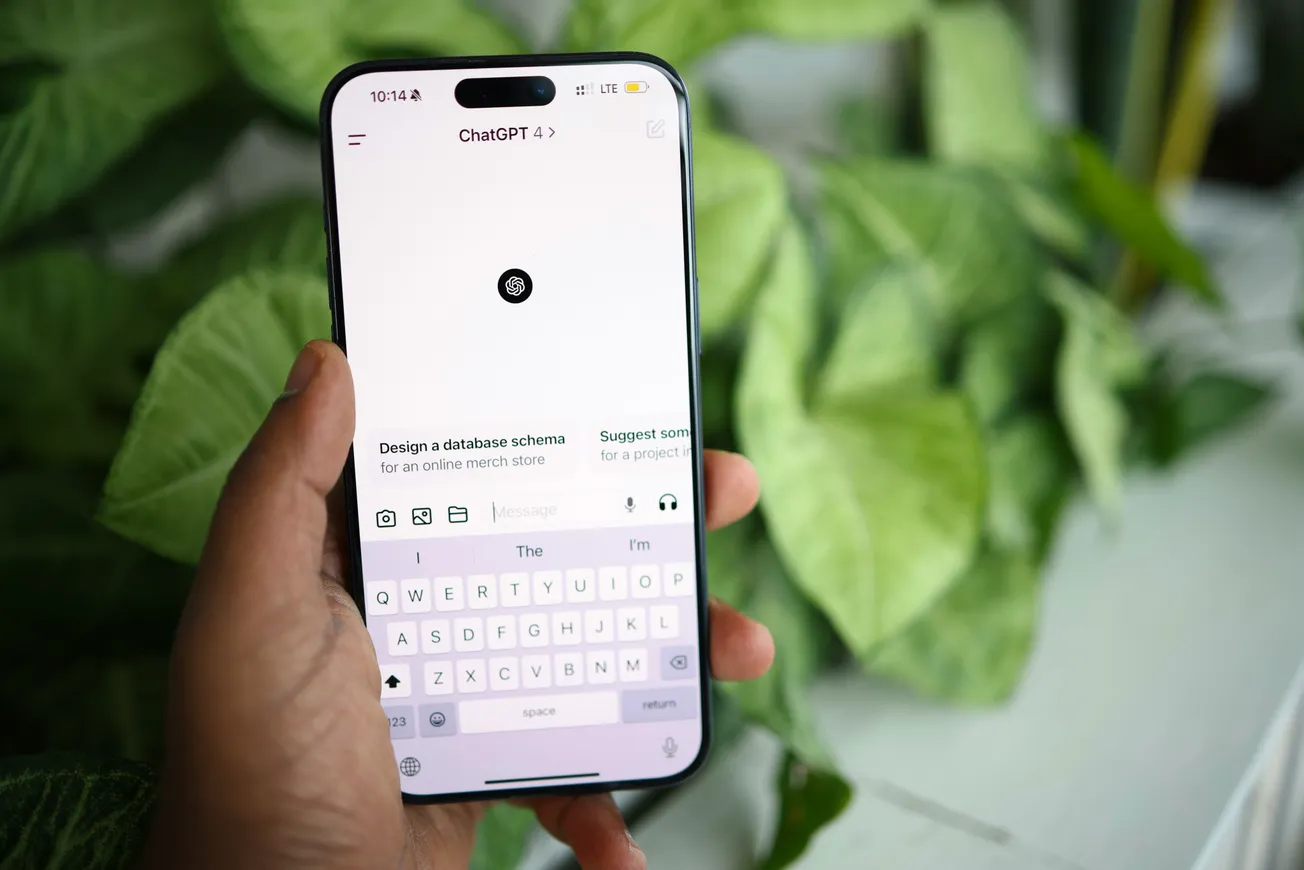Retail Health Convergence Grows as Walmart Adds Popular Weight-Loss Drug
Walmart has partnered with pharmaceutical giant Eli Lilly to offer the weight-loss drug Zepbound at its pharmacies across the U.S., marking the first major in-store retail rollout for the medication. This move represents a significant development in the integration of retail and healthcare services, as the Bentonville-based retailer deepens its role in the U.S. health ecosystem.
Zepbound, a GLP-1-based injectable treatment approved for chronic weight management, will now be available for cash-pay customers without insurance, starting at $349 for the lowest dose. All six dosage levels will be offered, and consumers can purchase them directly at Walmart pharmacies.
This partnership is part of Eli Lilly’s strategy to expand access to Zepbound beyond traditional mail-order and telehealth channels.
Expanding Walmart's Healthcare Footprint
For Walmart, this initiative aligns with its broader health and wellness ambitions. Already a key player in pharmacy services and with over 4,600 U.S. locations, Walmart is uniquely positioned to provide accessible, community-level healthcare solutions. The availability of Zepbound offers an in-store alternative to digital-only options and may drive new foot traffic to pharmacy departments.
The move also underscores the retailer’s ongoing efforts to diversify its offerings amid pressure on traditional retail margins. As part of its health services push, Walmart has launched Health Centers, increased its telehealth presence, and now adds a high-demand prescription therapy into its omnichannel mix.
Omnichannel and Operational Implications
For suppliers and logistics partners in the Northwest Arkansas region, the rollout of Zepbound presents new operational opportunities and challenges. Inventory management, compliance, temperature-sensitive transportation, and pharmacist training all factor into the seamless delivery of such medications.
The collaboration also highlights a broader trend: the convergence of e-commerce convenience and brick-and-mortar trust, particularly within the pharmacy space. With Zepbound now available on shelves, Walmart leverages its physical presence in a way that digital-only providers cannot match.
Conclusion
As demand for weight-loss drugs surges across the U.S., Walmart’s entry into in-store distribution of Zepbound may set the stage for broader pharmaceutical retail strategies. For the omnichannel retail capital of the world, this represents another example of how Bentonville businesses are leading innovation in retail-health integration.









